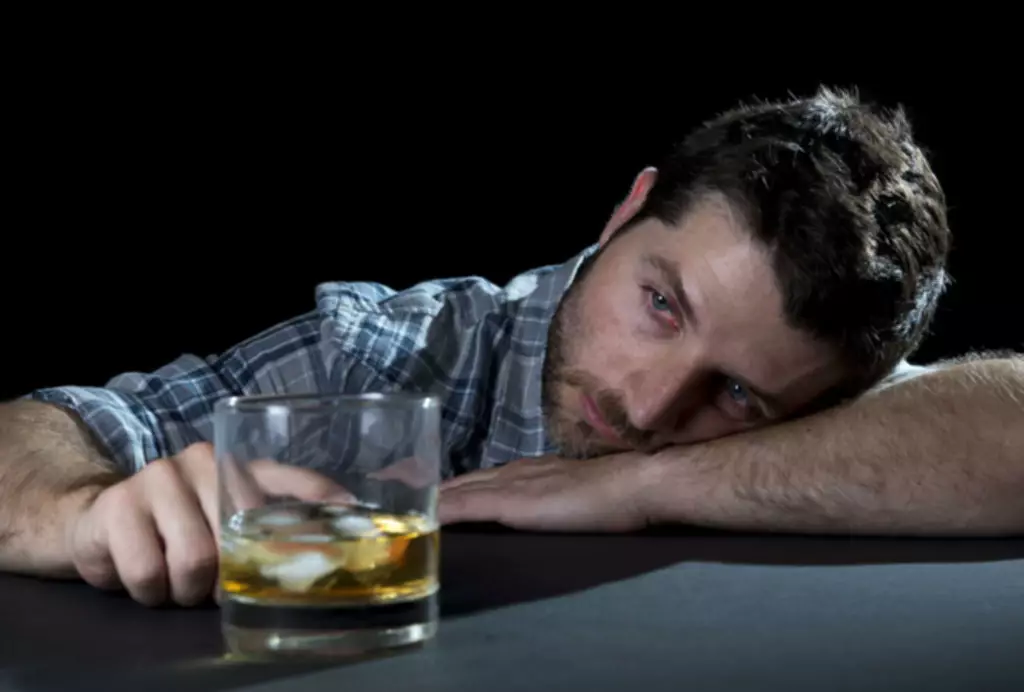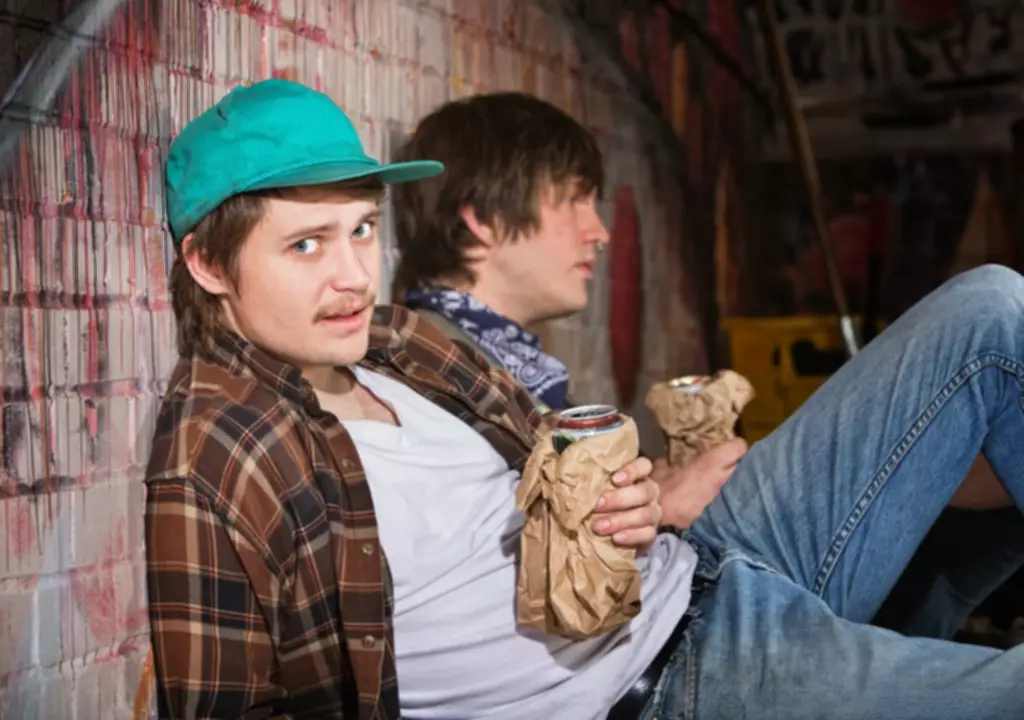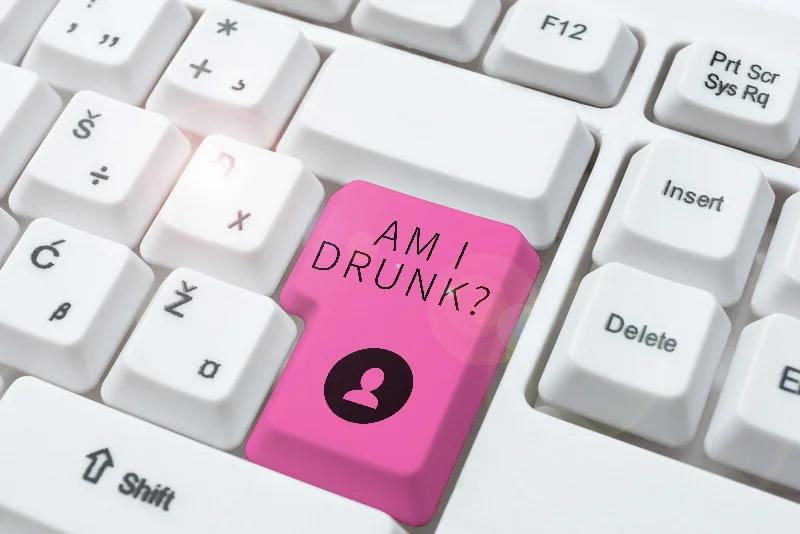
“I was tired, my skin was breaking out and I had tried everything else,” she continues. “I knew in my heart what I needed to cut.” “We came to a realization that we were drinking way too often and way too much,” says Zaleski. After one month, the researchers documented a reduction in the participants’ GGT. “And I know I wouldn’t be doing those things if I was still drinking.”
How can I recreate the feeling of drinking without drinking?

Moreover, the fact that alcohol is one of the five most addictive substances, and given the marketing dollars behind the industry, Warrington posits that it’s hard not to become just a little bit addicted to booze. “I see it as part of what’s happening all around us,” says Dylan, who works with recovering addicts and alcoholics requiring protection from the press, nutritional guidance, mental health issues, medication, and detox. “People are more interested in a healthy lifestyle and part of not-drinking is part of this healthy culture which recognizes it’s not healthy the way Americans drink,” she adds. A recent study published in the International Journal of Neuropsychopharmacology has also demonstrated the value of mindfulness techniques as a tool in helping frequent drinkers cut back on their consumption.
- If you’re intrigued but still have questions, we spoke to the author to better understand the movement, what a sober curious lifestyle could look like for you, and how it might (or might not) change your drinking habits.
- Many people who drink heavily have not had an easy road in managing their relationship with alcohol.
- She also touched on the stigma of saying you’re “sober,” comparing it to “if you were telling them you weren’t eating gluten, or you were taking a break from dairy, they wouldn’t bat an eyelid.”
- The days of pushing through moments of temptation are fewer and further between.
- Chris Marshall of Austin, Texas, has been sober for the past 12 years.
Breaking The Booze Habit, Even Briefly, Has Its Benefits
- Moreover, the fact that alcohol is one of the five most addictive substances, and given the marketing dollars behind the industry, Warrington posits that it’s hard not to become just a little bit addicted to booze.
- It included just 16 people who had been in the habit of drinking about two drinks per day on average.
- Still, the findings were provocative, scientists say, and merit following up.
Those who took part were told to pay attention to their feelings and bodily sensations and see their urges to drink as ‘temporary events’. They were played a tape that told them that their ‘feelings can be accepted and tolerated, rather than acted upon’ and asked to practise the techniques they learned for 15 minutes a day for a week after the training. Interestingly also, the mindfulness group saw significantly bigger benefits compared to the group that were just given relaxation techniques to help them feel calmer and more in control of the situation. “Life definitely isn’t boring without alcohol, but I have had to find new ways to socialize,” Warrington says.

New weight loss pill could benefit people with Type 2 diabetes: Drugmaker
All of the drinks — from the creative cocktails to the shots — are non-alcoholic. Giving up alcohol has become a wellness trend, but life inside the movement is not always what you expect. He welcomes to Sans Bar people who are in recovery and those just curious about the sober life, as long as they are substance free when they arrive and while they’re there. Over the past 12 sober curious years, Marshall has seen a lot of changes in the way people view sobriety. Back when he was getting sober, you either drank — or you didn’t, he says. He became a substance abuse counselor to help others but found that being in recovery was often really lonely.
After a monthlong break, researchers measured levels of a liver enzyme called gamma-glutamyltransferase, or GGT. “I was thinking, ‘This isn’t making me happy anymore, but it’s ingrained in my daily habits,'” she says. “I was feeling lots of anxiety, depression, and irritability, even though I was trying to do all the right things,” she says. Now, if you’re worried that you are one of the 17 million U.S. adults who are alcohol dependent, and alcohol is causing you stress or harm, seek medical advice.
- “People are more interested in a healthy lifestyle and part of not-drinking is part of this healthy culture which recognizes it’s not healthy the way Americans drink,” she adds.
- On weekend nights out with her husband, she describes “going a little hard,” and leaving a wave of bad feelings for the next day.
- There’s even a new app called “Sober Grind” which helps connect you with people who chose not to drink.
- And while there is virtually no downside to taking a break from drinking alcohol — or quitting altogether — science is just beginning to study the ways abstinence might be good for you.
- That said, being sober curious may lead to some senses of FOMA, or Fear of Missing Alcohol, especially in social situations.
- A 2016 British study of about 850 men and women who volunteered to abstain from alcohol during Dry January found that participants reported a range of benefits.
- “Our brains are biologically hardwired to form an attachment to alcohol,” Warrington points out.
- Another social club member, Kathy Kuzniar, says she used to obsess over whether there was enough wine in the house.
- Ruby Warrington’s 2018 book Sober Curious is something of a guidebook for this less-threatening, label-free, booze-less trend.
The proliferation of craft mocktails made with nonalcoholic distilled spirits is making it easier and more fun for people who abstain from alcohol to feel like they are still part of the party. First, keep a calendar so you can keep track of how many nights a week you drink. Second, recruit some friends and hold each other accountable to feel less pressure to consume alcohol. On a recent Friday night, Rob Zaleski and Kim Daniel walk into Marshall’s bar in Austin. They’re going without alcohol for 30 days, they explain, and are documenting their experience in a podcast and on Instagram at #boozelessATX. Chris Marshall is a certified substance abuse counselor and the founder of Sans Bar, a venue for “the Sober living house nightlife experience” without the alcohol, in Austin, Texas.

